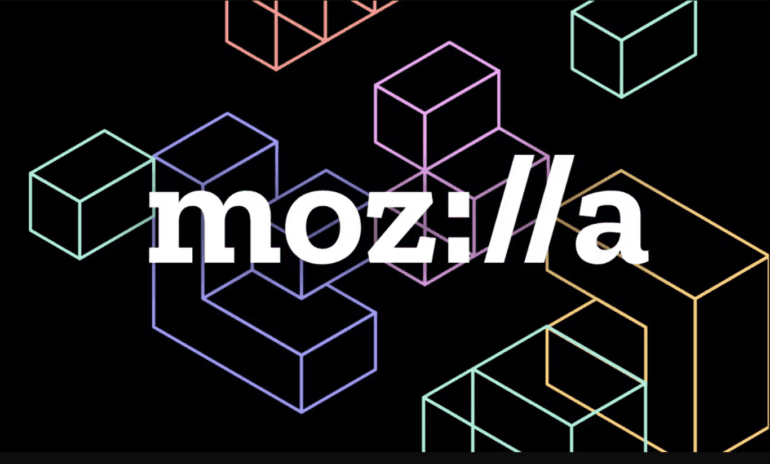TL;DR:
- Mozilla introduces Llamafile, an open-source initiative for easy local AI adoption.
- Llamafile simplifies AI usage by condensing complex AI chatbots into a single file.
- It runs seamlessly on multiple operating systems and requires minimal setup.
- Users can deploy Llamafile on existing computers without relying on cloud services.
- Portability allows users to transfer Llamafile to other storage devices.
- Google and OpenAI are also exploring on-device AI solutions, intensifying competition in the AI market.
Main AI News:
In the ever-evolving landscape of artificial intelligence, large language models (LLMs) have emerged as versatile tools, catering to a wide range of applications, from text generation to image processing. Yet, the adoption of AI remains uneven, with some individuals finding it daunting. Mozilla, a key player in the tech industry, is determined to bridge the gap and simplify AI integration for all.
Enter Mozilla’s latest endeavor: Llamafile, an open-source initiative aimed at democratizing AI. Llamafile’s mission is to empower individuals to harness the power of LLMs without the need for high-end AI-specific hardware. The ingenious concept behind Llamafile is its ability to encapsulate the complexity of an AI chatbot within a single, compact file. What sets it apart is its remarkable versatility, running seamlessly on six different operating systems: Windows, macOS, Linux, OpenBSD, FreeBSD, and NetBSD. Remarkably, it demands minimal installation or configuration efforts.
With your entire LLM arsenal neatly compressed into a single file, you can effortlessly deploy it on your local machine, entirely devoid of cloud dependencies. Furthermore, the ownership of this file grants you the flexibility to transfer it to any storage device, offering portability and adaptability. Mozilla aptly terms this innovation as “local AI,” as it empowers users to operate it offline, without the need for a continuous Wi-Fi connection.
While Mozilla’s Llamafile is groundbreaking, it is not the only contender in the realm of local LLMs. Tech giant Google has been vigorously pursuing its own advancements in this arena. The introduction of the AiCore app in the Pixel 8 Pro is a testament to Google’s commitment to on-device AI capabilities. The Play Store listing sheds light on AiCore’s purpose, enabling “AI-driven features to run directly on your device using the latest foundation models.”
Google’s rivalry extends to OpenAI, the creators of ChatGPT. Their primary challenger is Gemini, a formidable AI model available in different scales: Ultra, Pro, and Nano, tailored for a variety of applications, from mobile devices to extensive data centers.
The AI landscape’s potential remains boundless, and companies like Google and OpenAI possess the resources to delve deeper into its possibilities. Nevertheless, Mozilla’s foray into this realm signifies a broader quest for knowledge, with the pursuit of AI excellence benefitting society at large. As the AI journey unfolds, it’s clear that collaboration and competition among tech titans will continue to push the boundaries of what’s possible.
Conclusion:
Mozilla’s Llamafile and similar efforts by tech giants like Google and OpenAI reflect a growing demand for accessible AI solutions. The market is witnessing increased competition in the development of on-device AI, promising greater accessibility and integration of AI technologies into everyday life. This trend signifies a significant shift towards democratizing AI, potentially expanding its applications and benefits across various industries.

